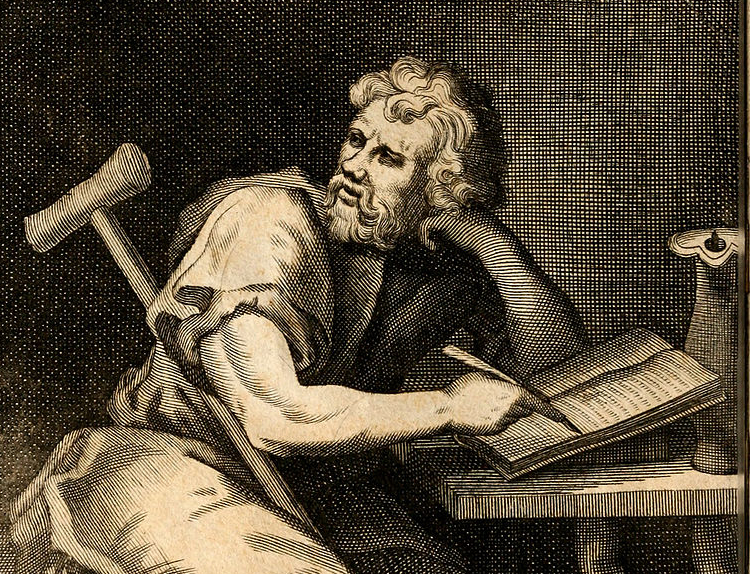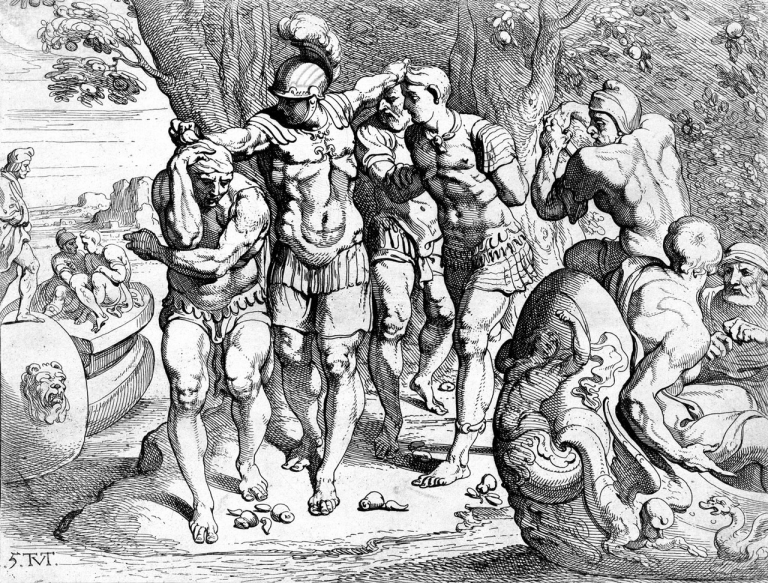
I’ve been waiting for roughly ten weeks to write this piece, the result of a recent accident in which I broke my wrist, causing a permanent disability. It wasn’t the dog’s fault, she excitedly pulled me off my feet in response to the sudden appearance of next door’s cat! Before I even knew what happened I had hit the ground hard scuffing my shoulder, ribs and knees as well as injuring both hands in the process. I managed to sit upright and catch my breath looking like a dishevelled Buddha sitting in the lotus position in the dust of the street whilst my wife (a qualified first aider) began treating me for shock! I was instantly aware of a numb immobility in my left wrist, now pointing the wrong way, clearly dislocated (or so I thought). Like all good stoics, I am unbothered by the accidental, shit happens and that’s that! We deal with the present using the tools of thought allocated to us by the logos or the rational faculty that organises the cosmos.
“It’s not what happens to you, but how you react to it that matters.” – Epictetus
An hour later, there I was in my local A&E awaiting x-ray yet cheerfully unconcerned, happy to be surrounded by skilled men and women that were taking good care of me. Stoics are always grateful for the efforts of others, thankful that the logos has mandated the existence of a health care system for the benefit of us all. My thoughts turned to and remained focused upon the life and works of Epictetus, a Stoic Philosopher born into slavery at Hierapolis in 50AD. Some accounts state that his master deliberately broke his leg when he was a child because he wanted to see what it would be like. Other sources differ from this, stating the obvious, that slave owners wouldn’t want to damage their property. Your slaves should be healthy enough to work after all. Whichever account is true scarcely matters, Epictetus was allowed to study philosophy and was able to gift the world with his brilliance and for the rest of his life managed to get around with a crutch. He refused to let his injury limit his inner peace or ataraxia (a type of serene calmness) that makes the stoic an indominable human being.
The stoic is unbothered by the past, unconcerned about the future and deals with the present using the rational faculty or Logos gifted to him by the gods. I was diagnosed with a broken wrist during the consultation with one of the A&E doctors, before being treated with gas and air, put in a very heavy plaster cast that extended from fingers to shoulder and sent back to x-ray to see the positions of the newly set bones.
In a follow up consultation, I met a nice young doctor from Italy, he suggested that I have an operation to put things right. The chances of success I was told, were 50/50, should I go ahead there would be plates inserted and attached by screws with the potential to move, slip or come loose, should I decline the offer then I would have a stiff wrist, a reduction in movement and the early onset of arthritis. I was immediately mindful of Epictetus and his crutches. I asked the doctor what he would do if it was his wrist, he replied that ‘he didn’t want to influence my decision,’ so I asked again, stating that we were just friends talking and that there wouldn’t be any complaints or comebacks, I was just looking for honest advice. He stated that he wouldn’t have the procedure as he knew all too well what could go wrong. I asked if in the future I would be able to type. He said yes, ‘well then,’ I replied, ‘there’s no need for an operation.’ I’ve since spent 4 weeks in that plaster cast, another 2 weeks in a lighter fibreglass cast and yet another fortnight in a splint! Now, I’m seeing a physiotherapist and some movement has comeback, I won’t ever get all of it back, but I’ll get as much as I can, I might even be able to play the guitar again (not that I was very good at it), but whatever the future holds I am unbothered by it because:
“People are not disturbed by things, but the view they take of them – Epictetus”

